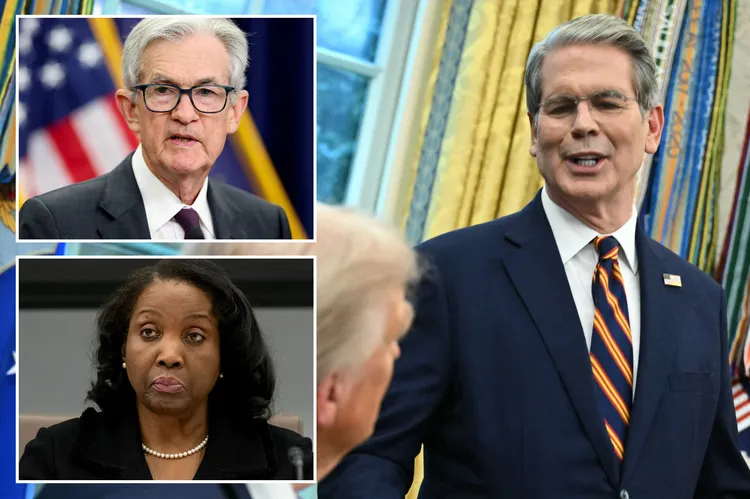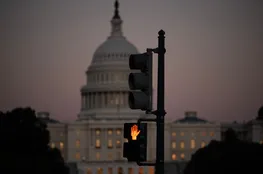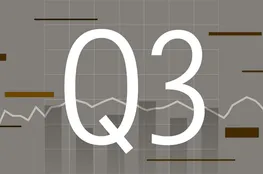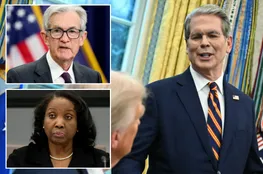Treasury Secretary Scott Bessent delivered a forceful critique of the Federal Reserve on Friday, asserting the need for a comprehensive review of the institution’s operations and policies. Bessent’s call for a nonpartisan, independent assessment underscores growing tensions between the Trump administration and the central bank, highlighting concerns about the Fed’s influence over inflation, economic distortions, and the widening wealth gap. In a statement published in the Wall Street Journal and expanded upon in The International Economy, Bessent demanded a thorough examination of the Fed’s monetary policy, regulatory practices, communications strategy, staffing levels, and research capabilities. He specifically urged the Fed to relinquish oversight of bank supervision to other governmental authorities, arguing that the central bank’s current role contributes to economic imbalances.
Bessent’s remarks come as the administration intensifies its efforts to exert greater control over the Fed, a move seen as crucial to mitigating inflation and addressing economic challenges. The secretary’s criticism isn’t simply a matter of policy disagreement; it’s rooted in accusations of partisanship and alleged misuse of public funds. Bessent pointed to instances such as the renovation of the Fed’s headquarters and the funding of its police force as evidence of questionable spending. These accusations align with broader criticisms leveled by Fed critics, both within and outside the Trump administration, questioning the Fed’s independence and accountability.
As the administration seeks to replace Fed Chair Jerome Powell, whose term ends in May, Bessent’s demands add another layer of complexity to the selection process. The administration’s dissatisfaction with Powell dates back to his appointment in 2018, and President Trump has consistently pressured the Fed to lower interest rates and install allies who share this viewpoint. Last week’s attempt to remove Fed Governor Lisa Cook over allegations of mortgage fraud, which Cook vigorously denies and is contesting through legal action, further illustrates the contentious environment. The nomination of Stephen Miran, who intends to take unpaid leave from his role as White House economic advisor, raises concerns about potential political influence on monetary policy decisions.
Potential Powell successors include National Economic Council director Kevin Hasset, former Fed Governor Kevin Warsh, and current Fed Governor Christopher Waller. Warsh’s long-standing advocacy for ‘regime change’ at the Fed, and Waller’s recent dissent against the July decision to hold interest rates, resonate with Bessent’s own criticisms. While the Fed is expected to initiate interest rate reductions this month to address a fragile labor market, President Trump’s demands for deeper cuts and a complete overhaul of the Fed remain unmet. The ongoing debate highlights fundamental disagreements about the Fed’s role in the economy and the balance between monetary policy independence and political accountability. The future of the Fed, and its relationship with the executive branch, remains uncertain as the administration continues to pursue its objectives.
























